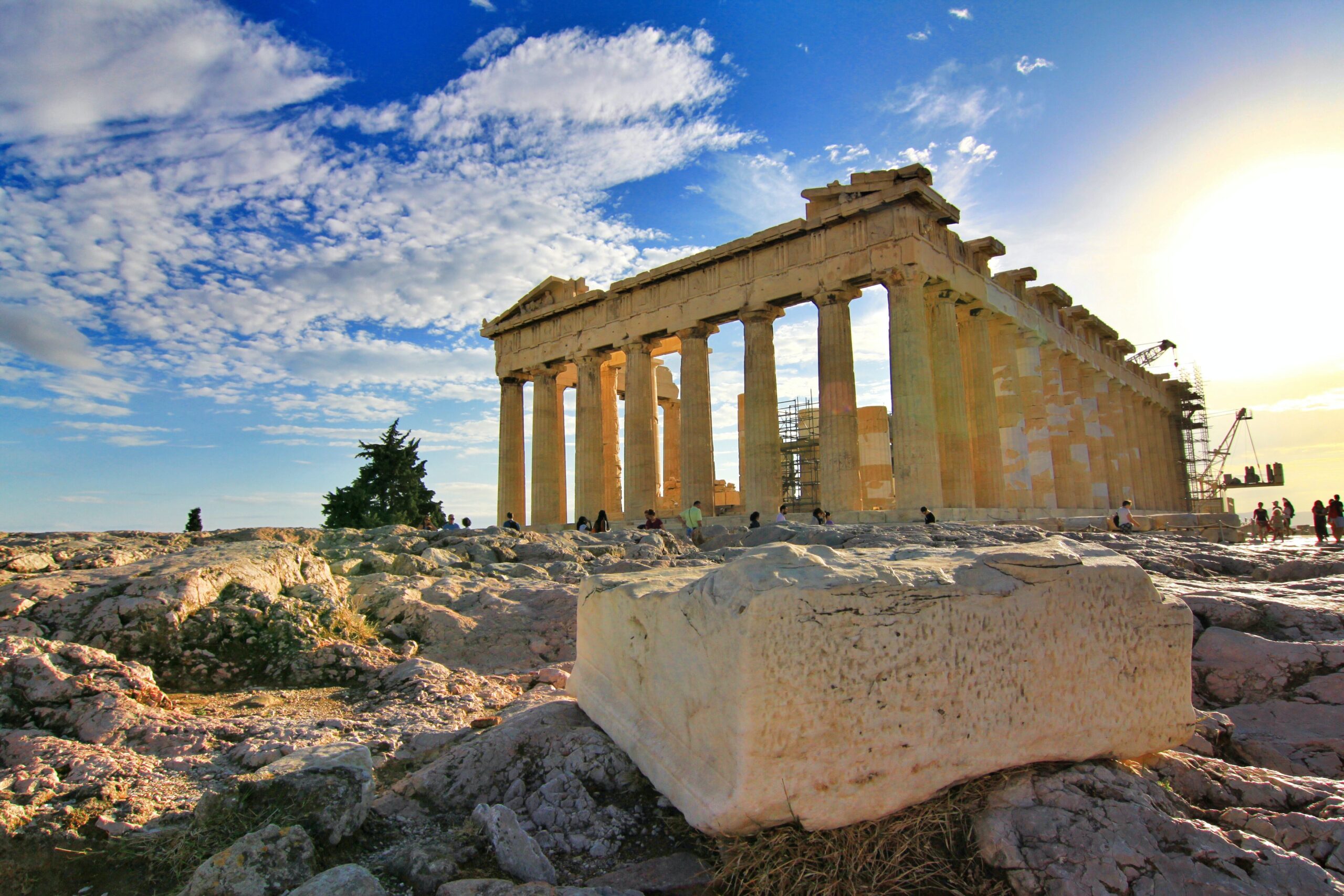Greece, the southernmost of the countries of the Balkan Peninsula. Geography has greatly influenced the country’s development. Mountains historically restricted internal communications, but the sea opened up wider horizons. The total land area of Greece (one-fifth of which is made up of the Greek islands) is comparable in size to England or the U.S. state of Alabama.Greece has more than 2,000 islands, of which about 170 are inhabited; some of the easternmost Aegean islands lie just a few miles off the Turkish coast. The country’s capital is Athens, which expanded rapidly in the second half of the 20th century. Attikí (ancient Greek: Attica), the area around the capital, is now home to about one-third of the country’s entire population.A Greek legend has it that God distributed soil through a sieve and used the stones that remained to build Greece. The country’s barren landscape historically caused the people to migrate. The Greeks, like the Jews and the Armenians, traditionally have been a people of diaspora, and several million people of Greek descent live in various parts of the world. Xeniteia, or sojourning in foreign lands, with its strong overtones of nostalgia for the faraway homeland, has been a central element in the historical experience of the Greek people.
The southernmost of the countries of the Balkan Peninsula

- 7 November, 2022
- Articles
- Comment off





